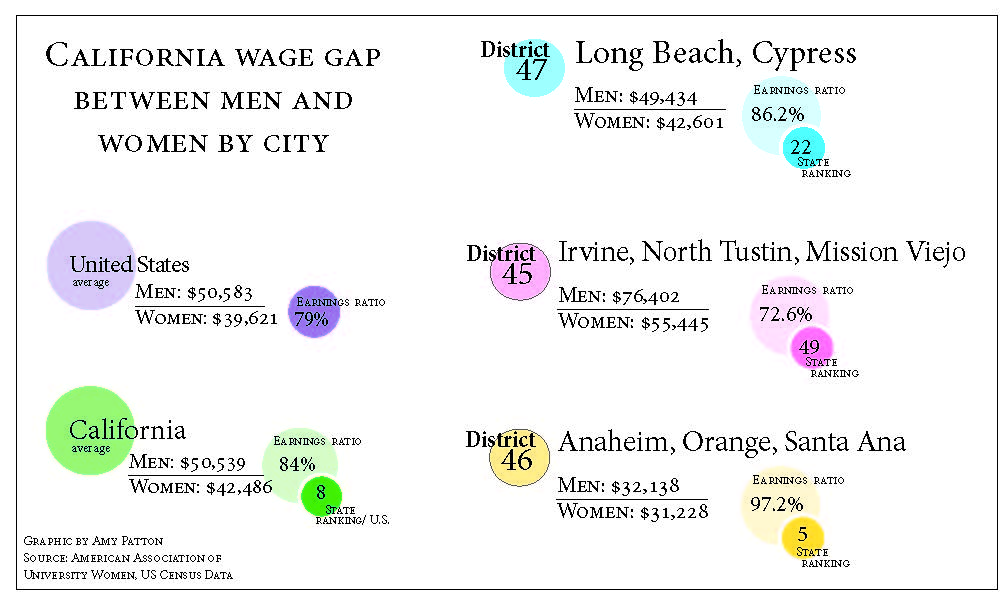Many are hailing the California Fair Pay Act as the nation’s strongest equal pay law, and thus effectively closing the door on 66 years of loophole exploitation.
The original bill that California State Senator Hannah Beth-Jackson authored had already passed with rare unanimous support from both sides of the political spectrum. Gov. Jerry Brown signed it last week.
The Fair Pay Act addresses two main components of equality in the workforce that the previous Equal Pay Act of 1949 failed to do. The wording in the act called for “equal pay for equal work,” but employers were able to take advantage of this phrasing to underpay women of similar skill and experience for decades.
The new act would allow for women to inquire about fellow colleagues’ compensation or salary information, regardless of sex or title, without fear of retaliation from their employers.
Also under this act, employers would be required to specifically define and prove any potential pay gap between workers as based on legitimate merit or seniority rather than gender.
“Ideally in a perfect world, I hope this law helps all women, but the problem that I’m concerned about is which women will feel entitled and emboldened to pursue legal means and to trust that there won’t be any retribution,” said Shira Tarrant, a professor of women’s, gender and sexuality studies at California State University, Long Beach.
Women have been making much less than their male counterparts ever since their inception in the workforce.
“I’m just glad that our government is finally paying attention to issues like this that have been going on for so long without change,” junior biology major Elisa Rodriguez said.
According to the National Partnership for Women & Families, California women in 2013 earned an average of 85 cents on the dollar compared to men, costing female full-time workers approximately $33.6 billion annually.
For women of color the situation was even worse. The Center for American Progress reported in 2014 that black women earned 64 percent of what white males made, while Hispanic women earned 54 percent in comparison.
“Women who already have access to resources, money and a bigger sense of entitlement to the legal system stand to benefit from this bill more so than workers who are in precarious contingent employment as they might be afraid to speak up and stand up to their boss,” Tarrant said.
While most individuals have been supportive of the new bill, which will go into effect on Jan. 1, some have questioned the impact that the law will have on business within the state. In a Los Angeles Times article, labor law attorney J. Al Latham Jr., said that the new law would only lead to more litigation against employers, which would further weaken the business climate in California.
“The concerns about the impact of this legislation on businesses have been made every time there’s been an effort brought forth that addresses inequality in terms of wages, race or class so I’m not surprised,” Tarrant said. “Employers like McDonald’s and Forever 21 aren’t going to leave California. I’m not worried about business fleeing.”
Even if the law is intended to protect all women, immigrant workers and part-time employees may have more difficulty when it comes to addressing unfair pay due to the financial security of a stable source of income for their families or a simple distrust of the legal system.




